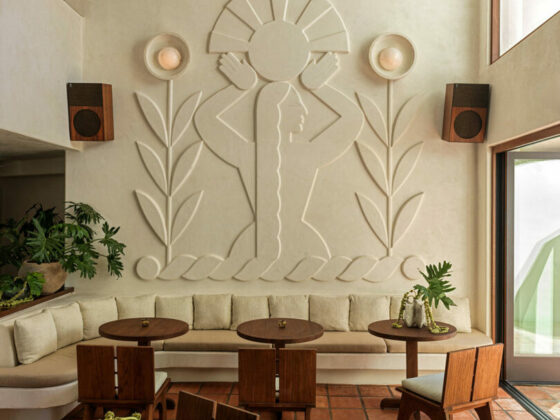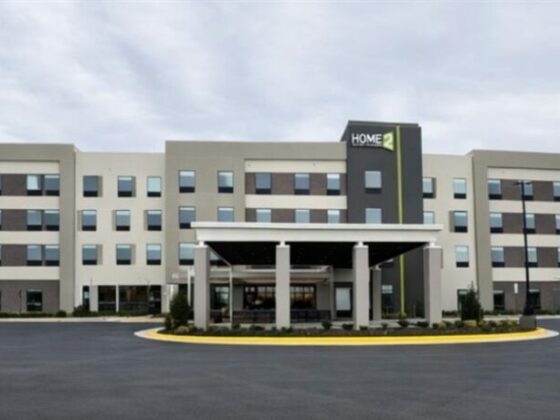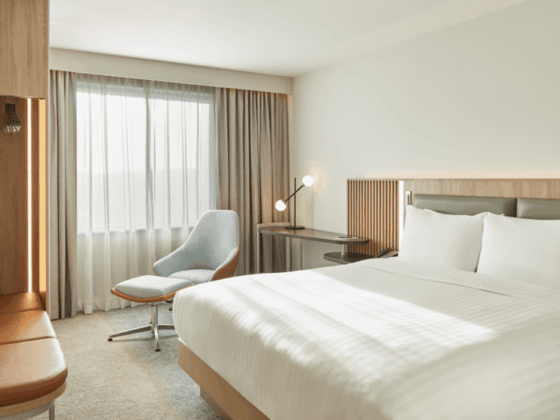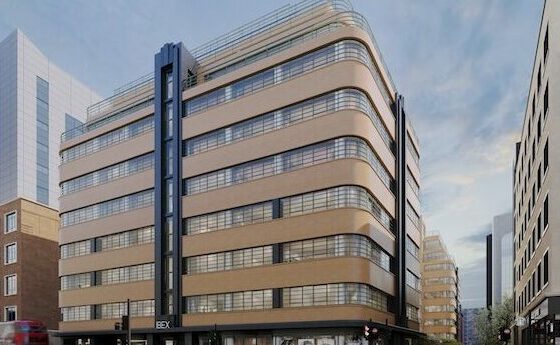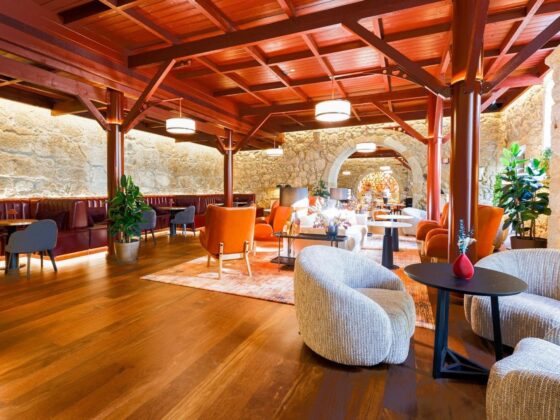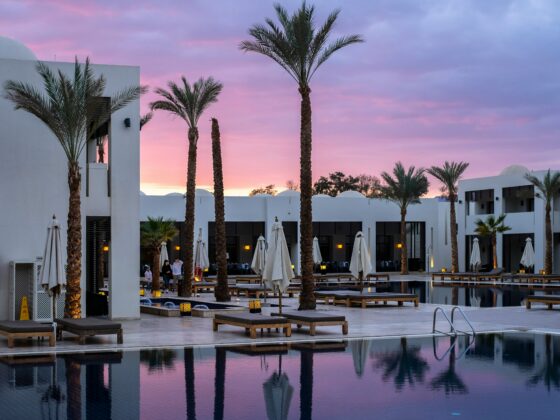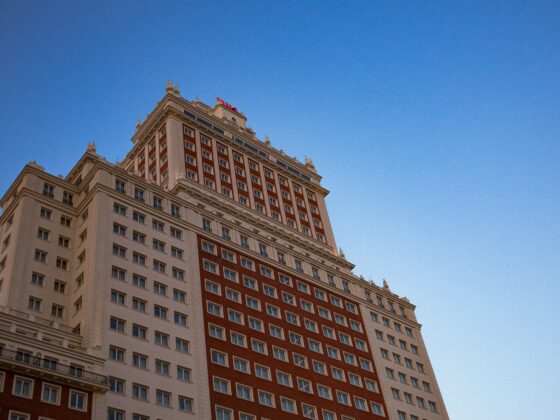TRIBE aims to have 100 hotels in Europe by 2030. What are the levers to achieve this?
Pauline Oster :
We are already well on our way to achieving this goal, with 60 hotels already open or in the pipeline. The TRIBE concept is appealing because it meets a clear need: to offer hybrid spaces where people come to sleep as well as to work, relax or socialise.
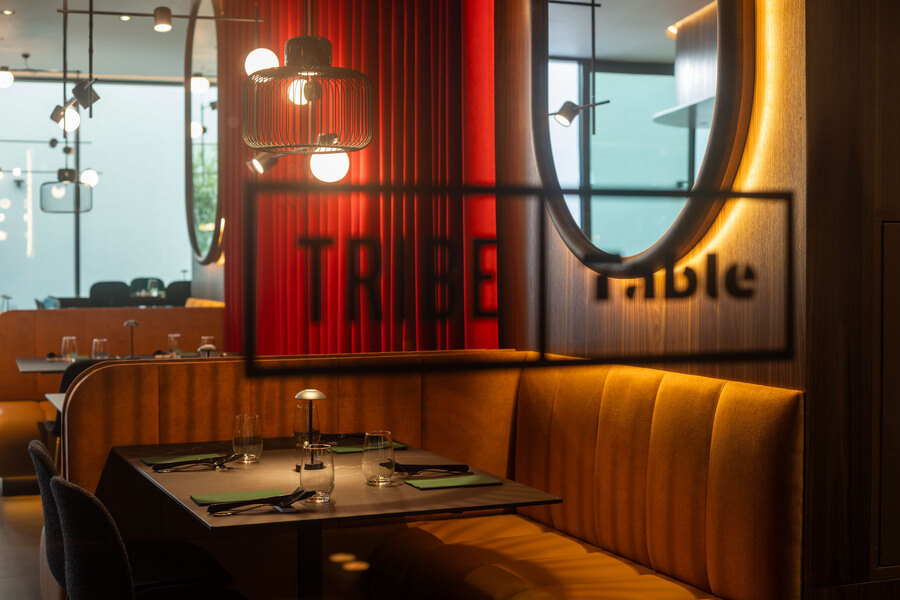
Our hotels are designed as real living spaces, with open areas – Social Hubs – that are open from morning to night. You can have a coffee while working remotely, have lunch between meetings or come back in the evening for a cocktail on the rooftop. This continuity creates a profitable, lively and attractive ecosystem for owners. That’s why we focus on central locations, in capital cities or secondary cities with strong cultural and leisure potential, or near airports (but even then, always in a prime, convenient and accessible location).
Added to this is a flexible model that can be adapted to different formats – new hotels or conversions – and F&B offerings that can be adjusted according to the market: from full-service restaurants to more casual, but still high-quality, ‘unconventional’ versions. Finally, the support of the Accor group is a major asset: distribution with ALL Accor, pricing, loyalty and purchasing via Astore. This is a guarantee of solidity for investors.

Catering is central to your concepts. How do you combine attractiveness and profitability?
P.O. : Catering is the beating heart of the Social Hub. F&B is not a cost centre, but a lever for attractiveness and margin. At TRIBE, we focus on drinks, mixology, after-work events, conviviality – everything that encourages people to linger.
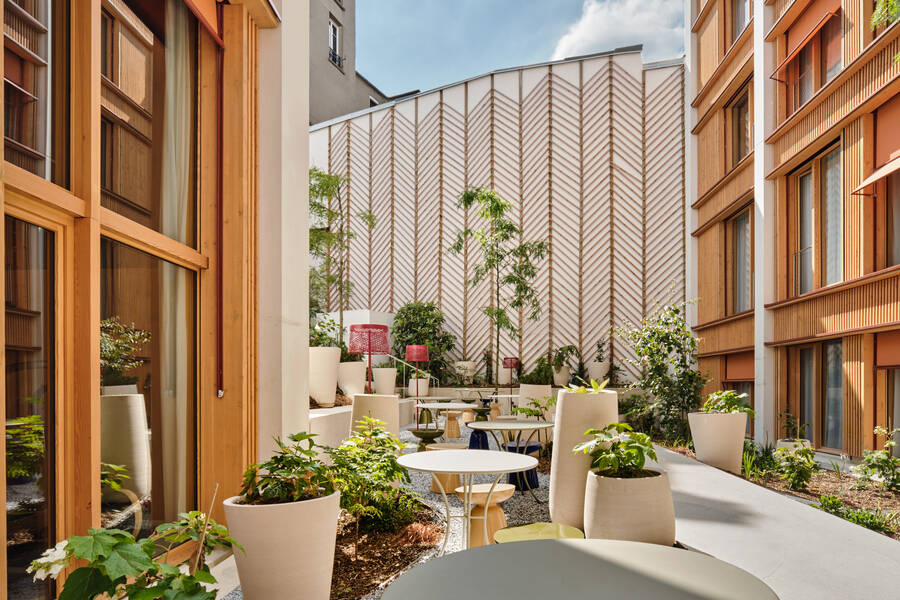
Thanks to Astore, Accor’s central purchasing agency, we benefit from optimal conditions for controlling our costs. And…


